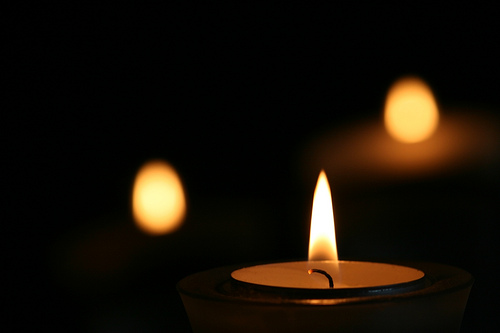“Ode to Death”: Holst’s Haunting Walt Whitman Setting
English composer Gustav Holst completed Ode to Death, Op. 38 in 1919 as a memorial to friends lost in the First World War. The haunting and transcendent work for chorus and orchestra is a setting of the final lines of “When Lilacs Last in the Dooryard Bloom’d, Walt Whitman’s 1865 elegy to President Abraham Lincoln. Holst drew inspiration from Whitman “as a New World prophet of tolerance and internationalism as well as a new breed …



